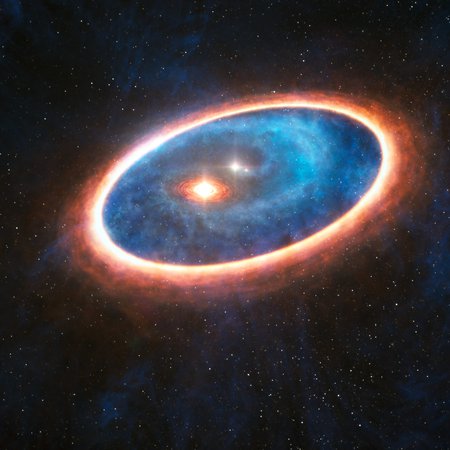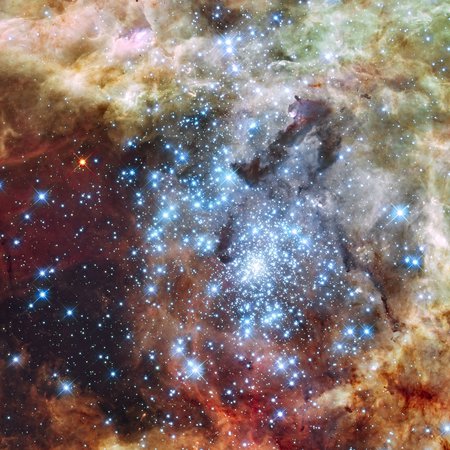Girls' Day/Future Day Brandenburg 2023
This year's Girls' Day/Future Day Brandenburg on 27 April once again offers girls an insight into occupational fields in which women have so far been underrepresented. After two years in which the event took place virtually, the Leibniz Institute for Astrophysics Potsdam (AIP) is opening its doors to 22 schoolgirls.
The girls, aged between 11 and 16, learn about the everyday work of astrophysicists, engineers and students from AIP employees. AIP scientists talk about their careers and explain what working in science is like. Afterwards, they answer the girls’ questions. The participants will then set off in groups on an Astro(nomy) rally across the institute’s Babelsberg campus, where they will explore various research topics of the institute and solve tasks with the scientists themselves.
The event, which is limited to 22 participants in total, was fully booked after a short time.
Programme:
09:30 – 10:15:
Welcome & Introduction by Dr. Janine Fohlmeister
10:15 – 11:15:
Round of introductions & questions
11:30 – 13:00:
Astro rally on the AIP campus
13:00:
End
Introductions with AIP scientists (Dr. Iris Traulsen, Dr. Aline Dinkelaker, Sabina Bahic, Deborah Sobiella, Dr. Katja Weingrill)
How does one actually become an astrophysicist? What is a scientist's, student’s or engineer’s everyday work like? What kind of jobs are there in science? Do I want to work in the technical field or in programming? Five female scientists of the AIP introduce themselves and talk about their careers and their work at a research institute. Participants will learn about the different areas of work at the institute and can then ask the questions they have always wanted to ask.
Astro Rally (Nikoleta Ilic, Dr Katja Weingrill, Dr Tanya Urrutia, Dr Kristin Riebe, Dr Iris Traulsen)
In this rally, the participants explore the AIP campus and learn about the Sun, the electromagnetic spectrum, distances in the solar system, X-ray observation and orientation in the sky at five stations. Divided into groups, they solve small tasks with AIP scientists under a time limit before being awarded a rally certificate at the end.
Station 1: Distances in the solar system and beyond
Station 2: The variable Sun
Station 3: Spectroscopy
Station 4: Star charts
Station 5: eROSITA
Images
Girls' Day/Future Day Brandenburg on Campus Babelsberg
Big screen size [1000 x 651, 170 KB]
Original size [3000 x 1955, 920 KB]




